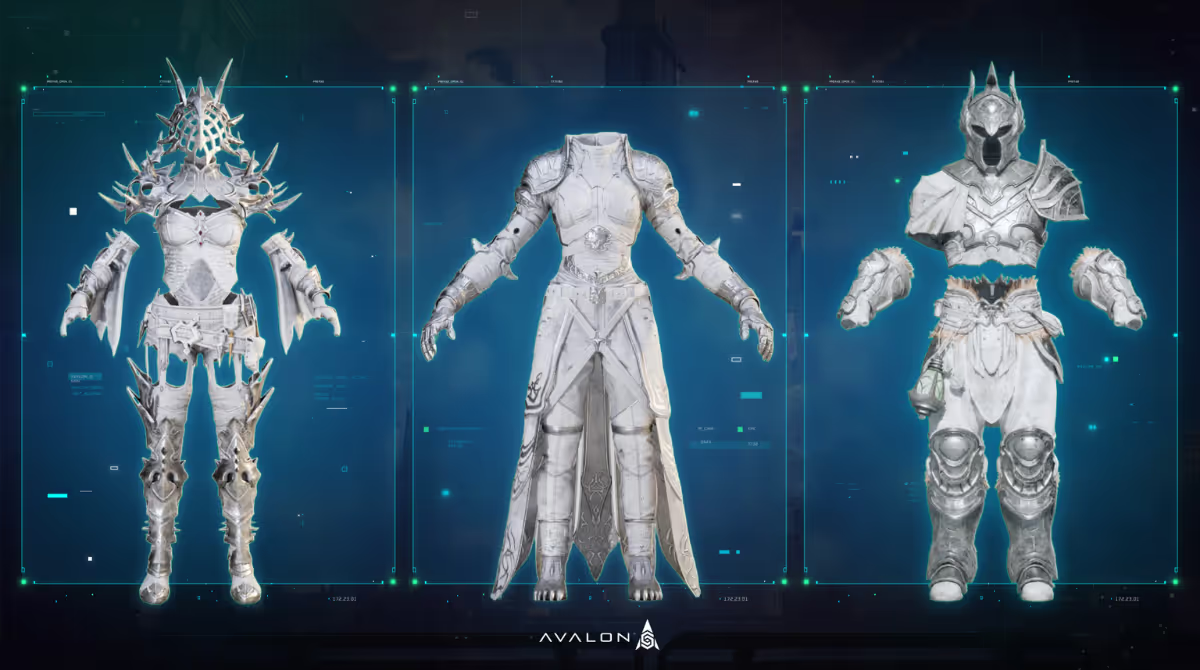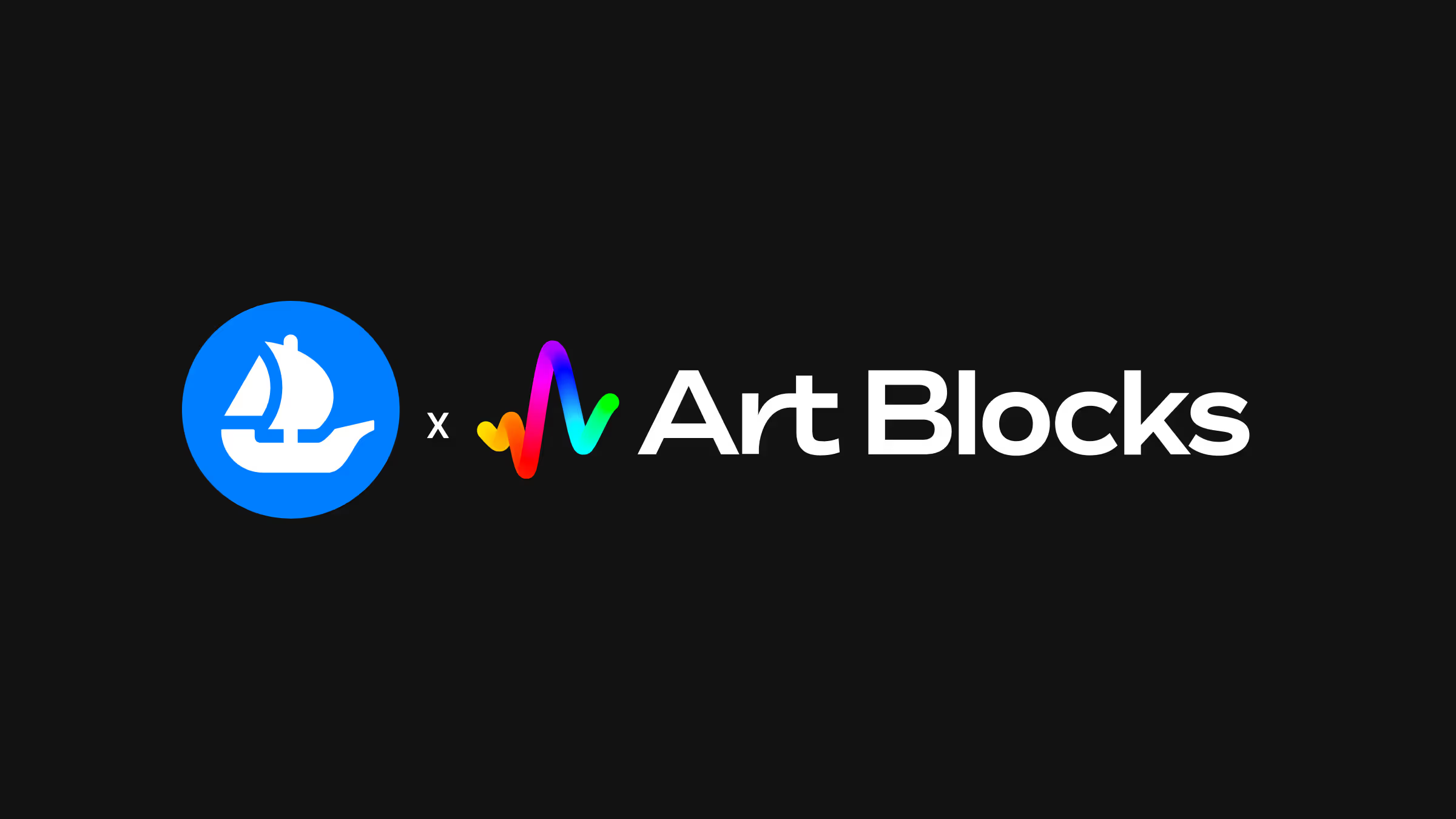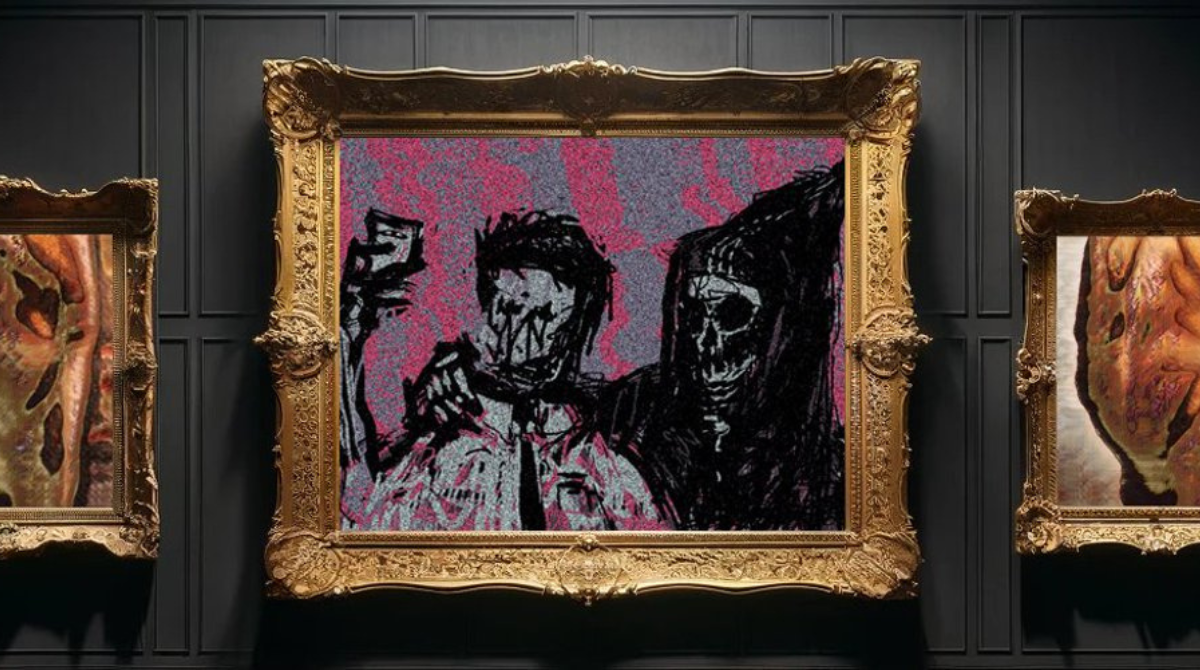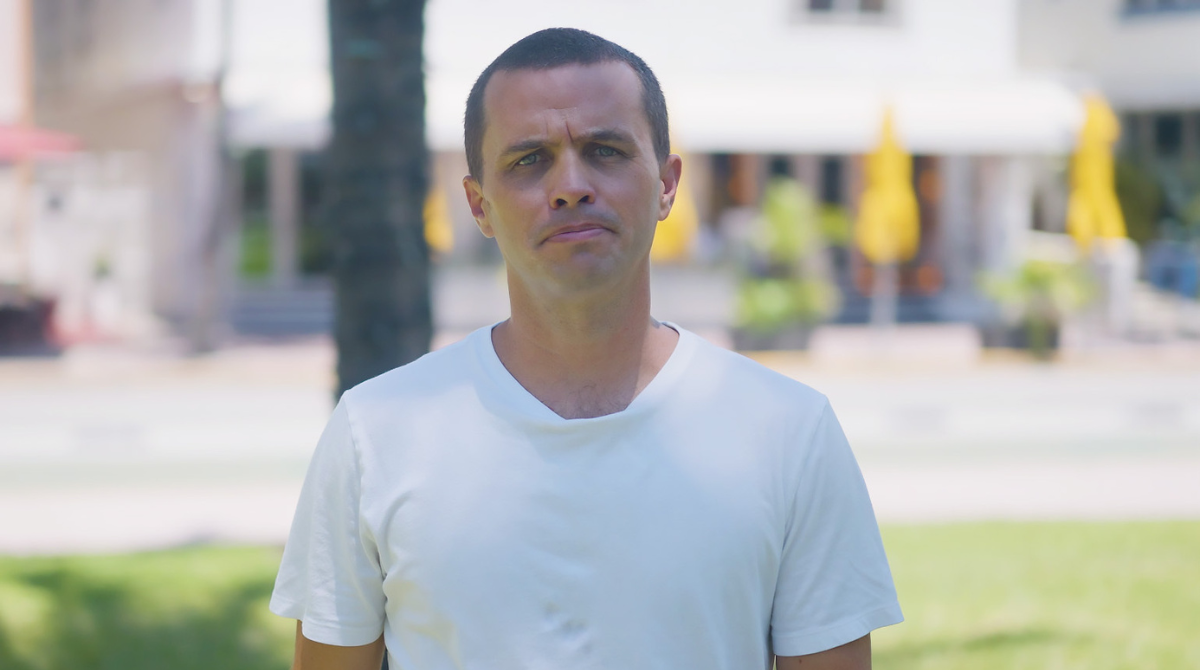The gaming industry is shifting, and few titles are as emblematic of that change as Avalon, a massively multiplayer online game (MMO) built on Base, a layer-two (L2) blockchain developed by Coinbase. Backed by a $10 million funding round led by Bitkraft Ventures, Hashkey Capital, and Coinbase Ventures, Avalon is merging AI-driven NPCs, blockchain-based digital ownership, and player-generated content into a next-generation gaming experience.
Unlike traditional MMOs, Avalon’s world is designed to evolve through generative AI, thus cracking open new possibilities with interactive storytelling that keeps players on their toes. Non-player characters — those predictable shopkeepers, quest-givers, and guards who usually repeat the same handful of lines — won’t simply spit out canned responses. Rather, they’ll remember past conversations, adjust to player choices, and even develop new abilities over time.
Founded by veteran game developer Sean Pinnock, whose background spans AAA studios, indie game publishing, and VR development, Avalon is tackling one of gaming’s most elusive frontiers: a fully immersive metaverse where players own and control their digital collectibles. As the web3 gaming landscape matures and moves past speculative NFT hype, Avalon’s focus on practical utility and high-quality gameplay could make it a standout in an industry eager for innovation.
With its first NFT launch scheduled for June 2025, we spoke with Pinnock to explore Avalon’s vision, the role of AI in gaming, and how blockchain-based interoperability might shape the industry’s future.
Note: This transcript has been edited for length and clarity.

OpenSea: Let’s start at the beginning. How did your journey in game development lead to Avalon? What earlier experiences, whether at EA Sports or in web3, shaped your philosophy on gaming?
Sean Pinnock: I started making games as a little kid, around five or six years old. While my friends were outside playing football, I was tinkering with Legos and designing pen-and-paper games, inviting everyone over to play. My journey progressed from modding Warcraft and Starcraft to creating my own spin-offs of Defense of the Ancients (Dota). In college, I launched indie games to help pay my way through school. Eventually, I spent time in AAA gaming but decided it ultimately wasn’t for me. I preferred the creative freedom of entrepreneurship, so I started a virtual reality (VR) company called Cyber Dream, which grew from my mom’s basement to 35 employees. We built tech for NASA, Lockheed Martin, and Universal Studios. But I always dreamed of a bigger project, something akin to a metaverse. When the world started talking about the metaverse in 2021, I knew it was time to make Avalon a reality.
OpenSea: The concept of the metaverse has evolved over the years. When did the idea of creating Avalon first take root for you?
Sean Pinnock: I’ve been thinking about the metaverse since childhood. I imagined a universe where all our favorite intellectual properties and games could coexist. I read “Ready Player One” and “Snow Crash” early on, and the idea of a shared digital world fascinated me. But I knew building something like this would be incredibly ambitious, not something I could tackle early in my career.
In 2017 or 2016, I pitched a metaverse project called “Gather” to Y Combinator. We made it to the final 200 out of 10,000 applicants, but we didn’t get accepted. Years later, Kevin Lin, who was notably a co-founder of Twitch and a visiting partner at Y Combinator at the time, reached out and told me, “Sean, you were ahead of your time.” That validation helped propel Avalon forward, and he actually became one of our first angel investors.
.avif)
OpenSea: How did your team decide on the name Avalon, and what does it represent within the game?
Sean Pinnock: When I thought about the name Avalon, I wanted something that felt like an alternate reality, almost a version of paradise. Not in a literal religious sense, but as a utopian space that people aspire to reach. Avalon, from Arthurian legend, represents one of the oldest and most enduring fictional worlds in Western literature, so the name made perfect sense. The challenge, however, was securing it. What I didn’t initially realize was that the oldest still-running MMO ever created was also called Avalon. It has been running since 1989. Tracking down its creator was difficult. After a lot of effort, we managed to acquire the name and officially call our game Avalon. That was a huge milestone for us.
OpenSea: What was it about Avalon’s concept that made securing the name so important?
The concept for Avalon had been in my head for years. It evolved through brainstorming, whiteboarding, and eventually refining how we could integrate peer-to-peer mechanics. Over time, it all started to come together. A major turning point was when I saw a talk by my co-founder Jeff Butler. Jeff is of the original EverQuest creators (a popular fantasy game released in 1999). I didn’t know Jeff personally at the time, but I reached out because his vision aligned so closely with what I wanted Avalon to become.
OpenSea: Avalon uses AI-powered NPCs. What does this actually mean for players? How is it going to change the gaming experience?
Sean Pinnock: When we created Avalon, we had two core goals: first, to push the MMO genre forward, and second, to make it incredibly easy for anyone to create their own content. Generative AI became a natural fit, since it allows even non-developers to build AAA-quality content without needing deep programming skills.
We also wanted Avalon’s world to feel truly alive, and that’s where AI-driven NPCs come in. Characters in the game aren’t just scripted. They evolve. They remember past conversations, react to player decisions, and even develop new skills over time.
We have an NFT collection launching soon, and all of the NFTs are AI-driven agents that serve as companions in the game. They grow alongside you, learning from your playstyle and leveling up as you progress. Some will also play alongside you like party members, while others can operate autonomously, handling tasks on your behalf — that kind of thing.
.avif)
OpenSea: Many people think generative AI just emerged in the past year. When did you first realize AI would be a game-changer for Avalon?
Sean Pinnock: When we started Avalon in 2021, AI wasn’t the main focus. Back then, our priority was making content creation easy for players. But by late 2022, when ChatGPT exploded, it became clear that AI would completely change how people build and interact with games. That’s when we actively started integrating AI into Avalon. At the time, the technology was still developing, so we had to be selective. Since then, we’ve been carefully choosing the best AI tools for both players and creators.
OpenSea: What AI technology are you using, and why is it the best choice for Avalon?
Sean Pinnock: We’re using a few key technologies. The first is Inworld AI, which powers both our conversational AI and agent behaviors. It’s widely used in traditional gaming (web2) but less known in web3. Several major AAA studios are using it.
We’re also using Didimo, an AI-based character creation tool. It’s not quite at the level of something like Midjourney yet, but it allows players to generate highly detailed characters inside Avalon.
For us, the priority is using production-ready AI, as opposed to experimental tools. We need technology that can ship in a game today, not just concepts that might be viable years from now.
.avif)
OpenSea: Avalon is built on Base, but you’ve mentioned future plans for cross-chain interoperability. What’s the roadmap for that?
Sean Pinnock: Our goal is for players to bring their digital items between different games and chains. Right now, we’re launching within the Base ecosystem, but long-term, we want full interoperability. The biggest challenge isn’t blockchain integration, but actually game asset compatibility. So we’re working to answer questions like, how do you represent a 3D sword from one game inside another that has a completely different art style? We’re developing a system called “Interpreters” that can reinterpret metadata across different game worlds, making seamless asset transfers possible.
OpenSea: Gamers have historically been skeptical of blockchain gaming and NFTs. What’s changed?
Sean Pinnock: The skepticism is understandable. Early web3 gaming was focused on monetization rather than player value. Gamers are wary of microtransactions, and they don’t want to be nickel-and-dimed. Our goal isn’t to extract money, though. It’s to give players true digital sovereignty. In Avalon, players own their items permanently. They can earn royalties on user-generated content, and they’ll have the ability to take their items from game to game. I think once gamers experience the benefits firsthand, opinions will shift, just like they did with Steam when it first launched.
OpenSea: Steam, like the social gaming platform? What was ever controversial about it?
Sean Pinnock: Well, 20 years ago, people didn't really play games with Steam. They just downloaded games on various websites, which made it very difficult. It was kind of sketchy. And Steam solved those problems. And I think web3 can similarly solve problems with digital identity and digital sovereignty in a way that Steam solved problems for launching and accessing games.
.avif)
OpenSea: Makes perfect sense. So what can players expect from Avalon in 2024? What’s on the immediate roadmap?
Sean Pinnock: Later this year, we’ll launch an early-access version of Avalon where players can create their own worlds and experiences. Our first survival-crafting world will debut, featuring a massive, multi-floor structure akin to Sword Art Online. Each floor is roughly the size of Skyrim — about 36 square kilometers — so it’s going to be a vast, evolving universe. Initially, we’ll focus on high-fantasy settings, with cyberpunk environments rolling out in 2025.
OpenSea: Sean, this has been such a fascinating conversation. Thank you for taking the time. I’m excited to see how Avalon evolves. Best of luck with the NFT launch and everything coming up this year!
Sean Pinnock: Thank you! It was great talking with you. Have a great rest of your day.
OpenSea:You too! Take care.
.avif)



.avif)





.png)
.png)
.png)
.png)